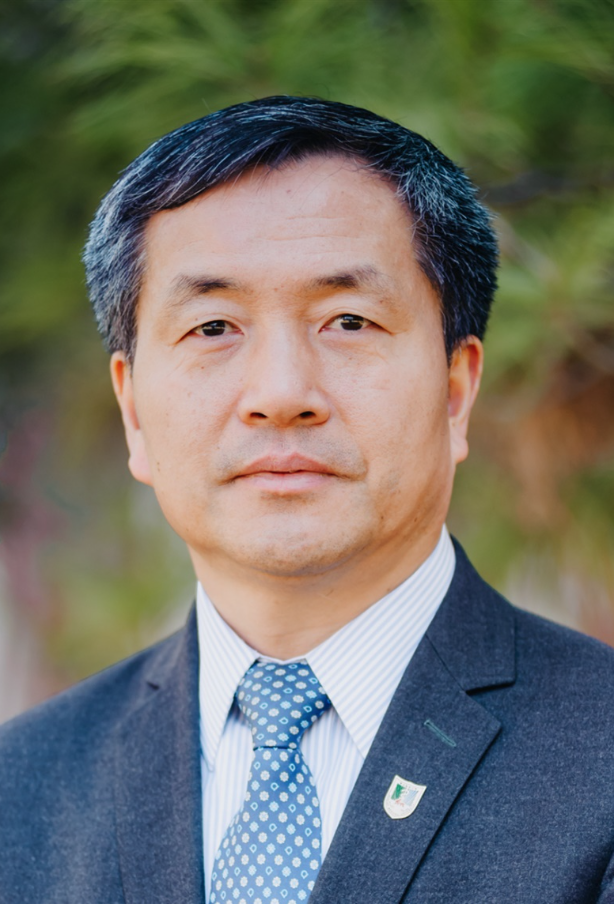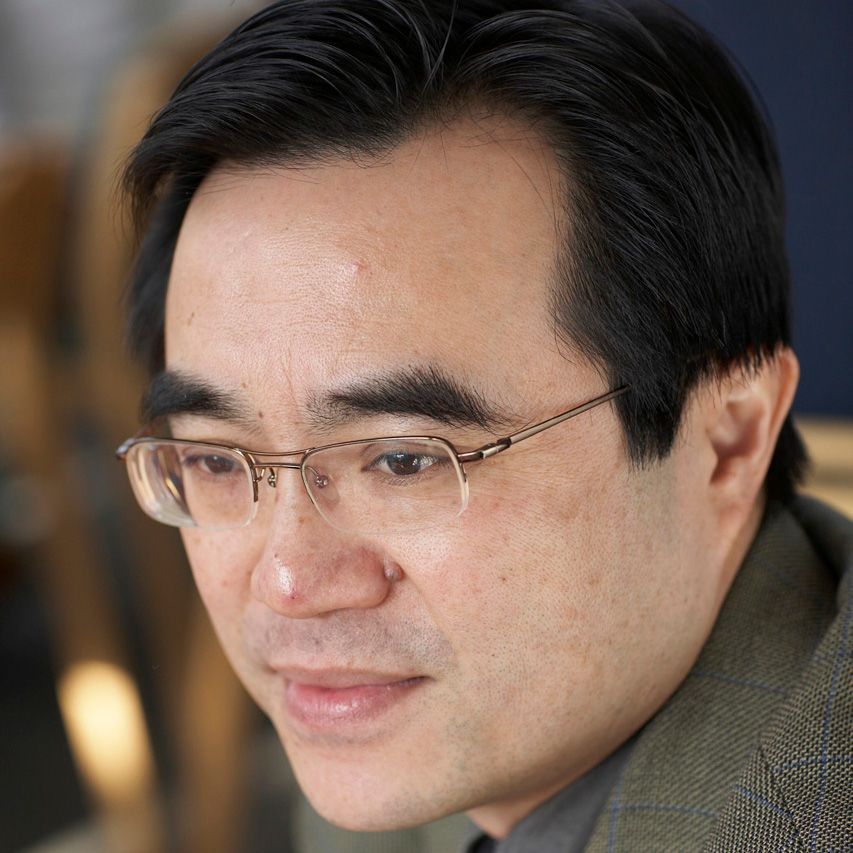Invited SpeakersIGES is pleased to announce the following invited speakers taking part in the 2020 virtual event. For a complete schedule, click here.

Peter Kraft, Ph.D., IGES PresidentPeter Kraft is Professor of Epidemiology and Biostatistics and Director of the Program in Genetic Epidemiology and Statistical Genetics at the Harvard T.H. Chan School of Public Health. He received his Ph.D. in Biostatistics from the Keck School of Medicine at the University of Southern California under the supervision of Dr. Duncan Thomas. His research concentrates on the design and analysis of genetic association studies, with particular emphasis on the genetic epidemiology of cancer. He has participated in many international consortia studying genetics and environmental exposures in relation to cancer risk over the last fifteen years, including the Breast and Prostate Cancer Cohort Consortium (BPC3); the NCI’s PanScan and Cancer Genetic Markers of Susceptibility (CGEMS) projects; the NCI’s “post-GWAS” GAME-ON consortium; the Breast Cancer Association Consortium (BCAC); and the Cancer Risk Estimates Related to Susceptibility Genes (CARRIERS) consortium, which is sequencing cancer predisposition genes in a large population-based breast cancer case-control sample. His methodological work has focused on efficient and interpretable “gene x environment interaction” analyses; building and evaluating risk prediction models incorporating high dimensional genetic data; and integrative analyses combining genetic and environmental risk factors with intermediate biomarkers (gene expression, metabolomics). He has taught introductory and advanced courses in genetic epidemiology and statistical learning at the Harvard Chan School since 2004 and co-chaired the American Association for Cancer Research’s Integrative Molecular Epidemiology workshop since it started in 2013. Dr. Kraft has been an IGES member since 1997, serving on the board of directors, program committee and publications committee between 2008 and 2015.
Hongbing Shen, M.D., Ph.D. - Nanjing Medical UniversityProfessor Shen is the Academician of the Chinese Academy of Engineering and President of Nanjing Medical University. He also served as Director of the Cancer Center and Professor of Epidemiology for Nanjing Medical University. Prof. Shen’s research is primarily focused on genetic and environmental influences on cancer development and prognosis. Prof. Shen has led a large study exploring the genetic basis of lung cancer in the Chinese population which identified novel susceptibility genes. In addition, he developed a polygenic risk score (PRS) for lung cancer which has been successfully evaluated in a large-scale prospective cohort study in Chinese population.
Zhengming Chen, Ph.D. - University of OxfordProfessor Zhengming Chen is Professor of Epidemiology at the University of Oxford. His primary research domains lie in the environmental and genetic causes of chronic disease, evidence-based medicine and evaluation of widely practicable treatments for chronic diseases (such as IHD, stroke and cancer) as well as efficient strategies for chronic disease control in developing countries. Over the past 20 years, he has led several large randomised trials and cohort studies involving >750,000 individuals. He has been the lead principal investigator in the UK for the China Kadoorie Biobank (CKB) prospective study of 0.5 million adults, leading a research team in Oxford for the study design, development, data management and analysis for the CKB.
Xihong Lin, Ph.D. - Harvard T.H. Chan School of Public HealthXihong Lin is Professor of Biostatistics, Professor of Statistics, and Coordinating Director of the HCSPH Program in Quantitative Genomics at Harvard University. Dr. Lin’s research interests lie in development and application of scalable statistical and computational methods for analysis of massive data from genome, exposome and phenome, such as Whole Genome Sequencing studies, integrative analysis of different types of data, and biobanks. She received the 2006 Presidents’ Award and the 2017 FN David Award from the Committee of Presidents of Statistical Societies (COPSS), and is an elected member of the US National Academy of Medicine. She is the PI of the Outstanding Investigator Award (R35) from the National Cancer Institute, and the contact PI of the Harvard Analysis Center of the Genome Sequencing Program of the National Human Genome Research Institute.
|





 Caroline Colijn, Ph.D., Simon Fraser University
Caroline Colijn, Ph.D., Simon Fraser University